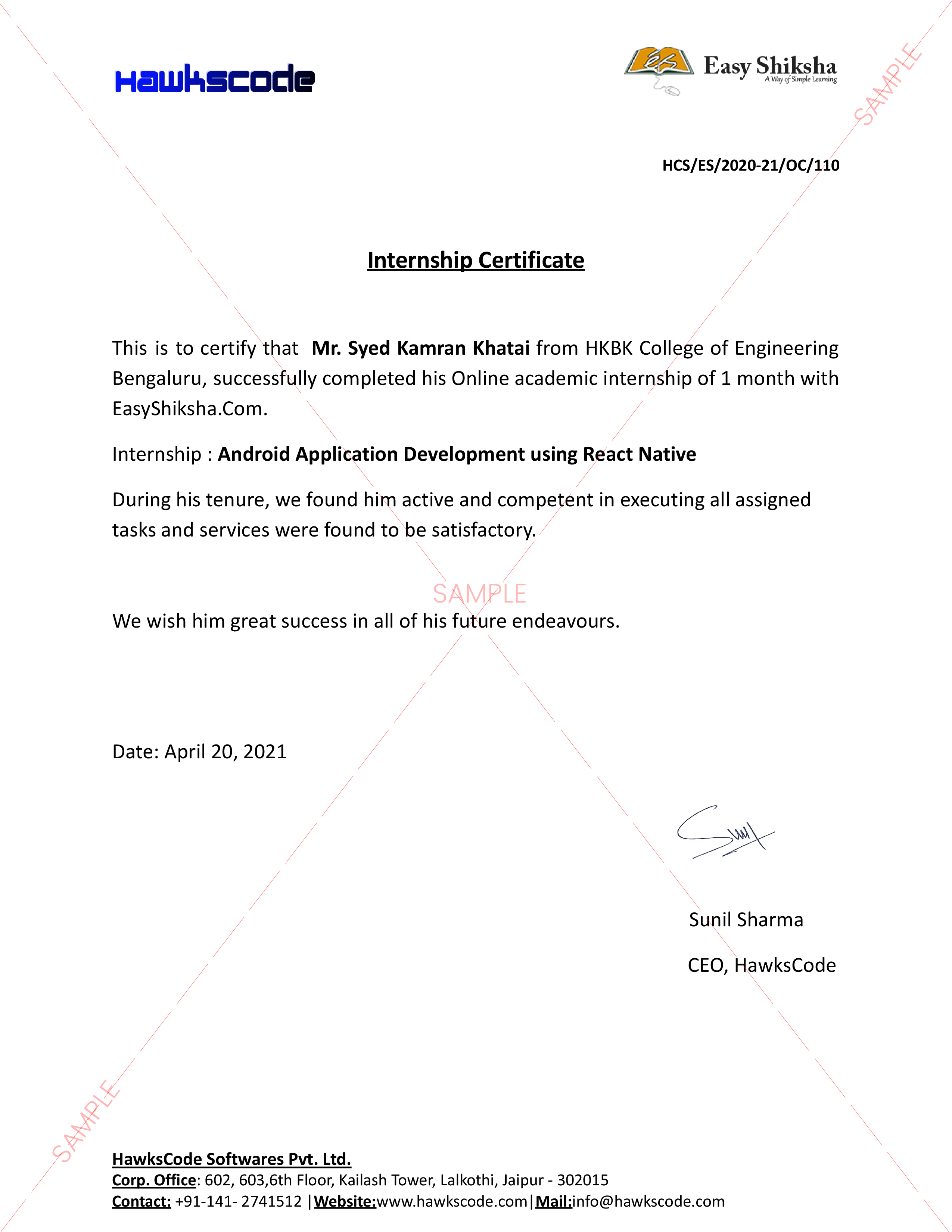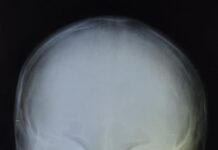Dr Neeraj Balaini, Consultant -Neurology, Aster RV Hospital
Memory loss is the most common symptom of Alzheimer’s disease. However, sometimes it is difficult to differentiate from normal age-related memory problems. Following are the early signs and symptoms of Alzheimer’s disease and how to differentiate from age related change.
1)Memory loss disrupts daily life: One of the most common signs and symptoms is memory loss that disrupts ability to carry out daily routine life. Recently learned information is more likely to get affected. So, a person remembers even childhood memories but forgets what he/she has eaten in the morning or forgets about recent personal events or dates. Person increasingly needs to rely on memory aids (e.g., reminder notes or electronic devices) or family members for things they used to handle on their own and may ask the same questions over and over.
When it is age-related change
Forgetting names and events but remembering them later on after some time. This forgetting does not affect the daily routine life of a person.
2)Difficulty in planning or solving day to day problems: Changes in ability to develop and follow a plan or work with numbers. When we think of doing something for example while changing clothes in the morning, our brain tends to form a subconscious plan to carry out that task like a person will remove shirt first then pajamas and so on, but brain of persons with Alzheimer’s is not able to make such subconscious plans properly. Therefore, people even find it difficult to solve day to day problems. For example, someone’s grandmother used to be a good cook but now she can’t follow her own recipe or grandfather used to calculate all household expenses but now he is not able to do so and makes many errors.
Important Announcement – EasyShiksha has now started Online Internship Program “Ab India Sikhega Ghar Se”
When it is age-related change
Making occasional errors when managing finances or household bills.
3)Difficulty completing familiar tasks: Persons with Alzheimer’s disease find it difficult to complete familiar tasks like not able to drive to familiar location (grandfather used to bring children from school but now not able to navigate to school and back home while driving), or difficulty remembering the rules of their favorite game they used to play with grandchildren few months back.
When it is age-related change
Occasionally needing help to use microwave settings or to record a TV show or use a new phone initially.
4)Confusion with time and place: People living with Alzheimer’s can lose track of dates, seasons and the passage of time. They may forget where they are and how they got here even after telling them they may not recollect.
When it is age-related change
Occasionally forgetting the date or day but remembering later on.
5)New problem with words while speaking or writing: People with Alzheimer’s may have trouble following or joining a conversation. They may stop in the middle of a conversation and have no idea how to continue or they may repeat themselves. They may have trouble naming a familiar object like a watch or pencil. This trouble may persist even if corrected by someone.
When it is age-related change
Sometimes having trouble finding the right word. This will not be persistent.
6)Misplacing things and losing ability to retrace steps: Persons with Alzheimer’s disease may put things in unusual places. They may lose things and be unable to go back over their steps to find them again. For example: if someone loses his car keys, he will think that I went to my friend’s place, I must have kept there and will look for key in that way. But people with Alzheimer’s lose this ability of retracing steps and he or she may even accuse others of stealing, especially as the disease progresses.
When it’s a typical age-related change
Misplacing things from time to time but retracing steps to find them.
7) Decreased or poor judgement: Individuals living with Alzheimer’s may experience changes in judgment or decision-making. For example, they may use poor judgment when dealing with money.
When it is age-related change
Poor judgment or decision making once in a while like neglecting oil change in old car.
8)Changes in mood and personality: Individuals living with Alzheimer’s or other dementia may experience mood and personality changes. They can become confused, suspicious, depressed, fearful or anxious. They may be easily upset even at home, with friends or when out of their comfort zone.
When it is a typical age-related change
Developing very specific ways of doing things and becoming irritable when a routine is disrupted.
If you notice one or more signs in yourself or another person then it is important to take action to know what is going on. Meet your doctor soon because it is never too early, never too late for Alzheimer’s. “Never too early, never too late” is theme for this year’s Alzheimer’s day also.
This year educate yourself and develop your career with EasyShiksha

































































